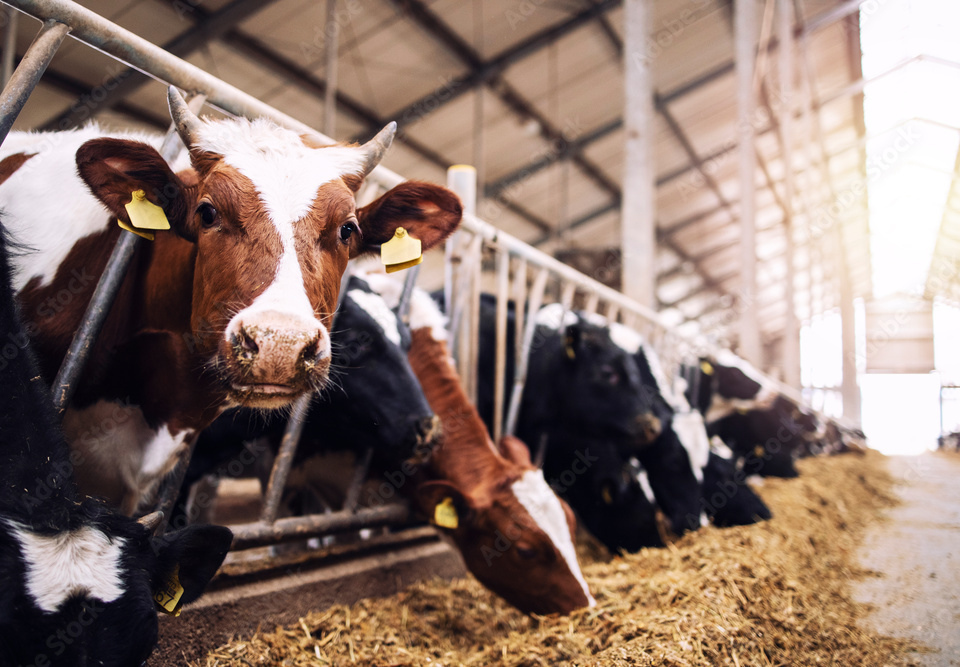Kansas lawmakers have stripped a hemp bill of provisions that would have allowed farm animals to be fed fiber, grain and seeds, and established a two-year licensing cycle.
The Committee on Agriculture and Natural Resources of the House of Representatives approved the draft bill, which, if passed, will do little more than reduce annual licensing fees for growers and processors.
Republican Rep. Fred Gardner, who is also a veterinarian, raised misguided alarms, suggesting that the introduction of hemp meal could bring excessive concentrations of CBD to livestock and poultry, and that hemp is vulnerable to toxic fungus that could be transferred to milk supplies.
Is it safe?
A U.S. Department of Agriculture-funded study conducted by researchers at Kansas State University reported one year ago that feeding cattle industrial hemp may have beneficial effects but concluded that more research is needed. Other research suggests that hemp might be less susceptible to certain types of toxic fungi because it naturally produces compounds that have antifungal properties.
Kansas Deputy Secretary of Agriculture Kelsey Olson had opposed the original measure because research into the health impacts of hemp feed on animals and on humans who consume products made from animals is scant.
The original draft measure would also have cleared hemp as a food for dogs, but Gardner claimed CBD is a common cause of poisoning among dogs – although there are virtually no cases of such poisoning recorded.
Texas agriculture officials last year approved hempseed-derived feed for chickens and horses, and authorized the state feed agency to set regulations for such products. Other states continue to advocate for various hemp parts as feed. Also, a key U.S. Food & Drug Administration agency recently signed off on a definition of “hemp seed meal” as a feed for laying hens.
Licensing cycle unchanged
Also dropped from the Kansas bill was a plan to offer two-year licenses instead of one-year permits, and the adoption of a less-intrusive inspection regime for industrial hemp. An exemption from fingerprinting and background checks for processors was also abandoned in the pared-down version of the bill.
In the end, the only changes affecting Kansas hemp stakeholders are reductions in registration fees. Farmers would pay $500 for annual licenses, down from $1,200. Also, processors of all hemp products would pay $500 for their permits under the draft provisions; processors who extract cannabinoids currently pay $1,200 per year.
Hemp in Kansas
Cultivating and processing industrial hemp in Kansas has been legal since the 2018 Farm Bill legalized the crop federally. After a state program was established in 2019, 2,772 acres of hemp were planted that year, primarily for flowers to go into CBD production.
But as a crash in the CBD biomass market took hold in 2019, hemp plantings plunged to just 500 acres in 2021, according to figures from the National Agricultural Statistical Service. Acres rebounded slightly in 2022 as hemp stakeholders turned their attention to grain and fiber production.
Kansas had about 200 hemp farmers in 2019, but the number has fallen to about 40, according to the state’s Department of Agriculture.

